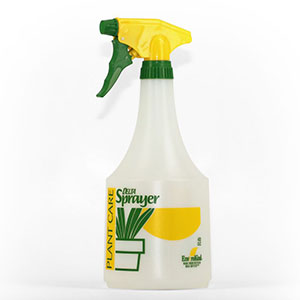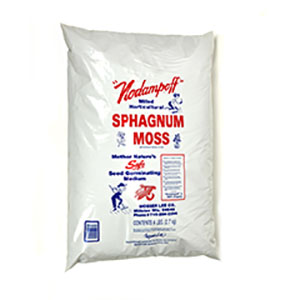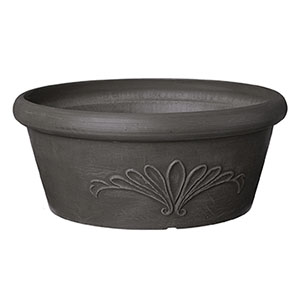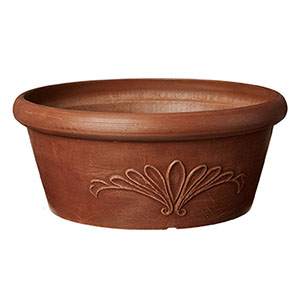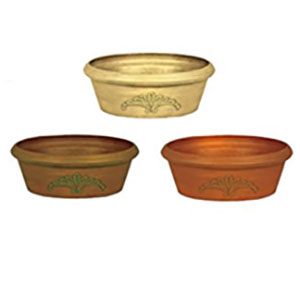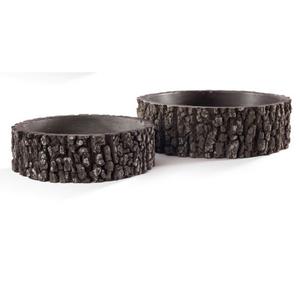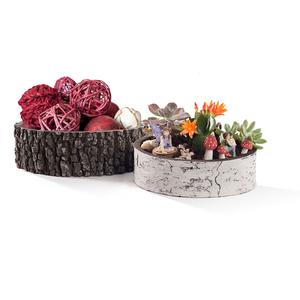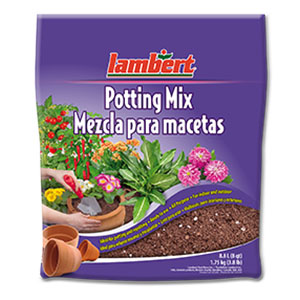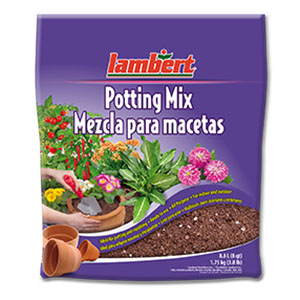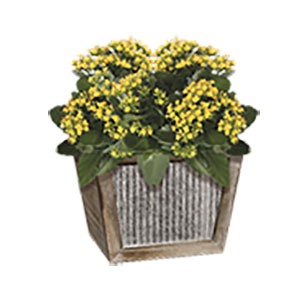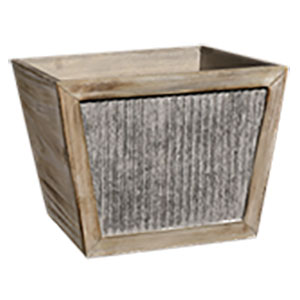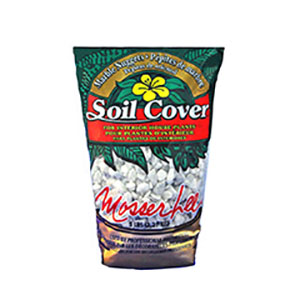Spring’s first color often comes from down under: the
flowering bulb. While home gardeners wait for Mother Nature, they can persuade
a springtime bulb into flowering indoors with relative ease. No Jedi mind
tricks required!
Some bulb genera are easily convinced to bloom; these
include crocus and daffodils. Forcing these beautiful plants can bring bright
color, lasting substance and texture, and sometimes fragrance to any indoor
space. Follow these simple tips to create a simple yet compelling display.
Timing is Everything
For some bulb types, the first step is to convince the bulbs
that they’ve been through a winter. This can be achieved in the refrigerator or
similar cold, dry place (but not freezing).
Some bulbs require only a few weeks of chilling in order to
be sufficiently tricked. Other bulb genera may require up to 15 weeks of chill
time. For instant gratification, steer your customers toward amaryllis or
paperwhite narcissus – they don’t generally need to be pre-cooled at all.
Amaryllis usually takes 6-8 weeks to bloom; paperwhites can be expected to
bloom in just 3-6 weeks.
Simple Recipe for
Success
With both amaryllis and paperwhites, these bulbs only need
to be planted up to three-quarters of the way up the bulbs with a lightweight,
well-draining potting mix.
For bulbs that do require chilling, direct your customers to
place their bulbs flat side down (pointy side up) halfway in a container, so
there’s lightweight potting mix both above and below the bulb. Generally, you
don’t need to plant the bulb more than ½ to 1” below the top of the soil. The
planting vessel doesn’t need to be fancy; a shallow bowl, pot or deep saucer
will do. It should be large enough to cover the size of the bulb(s) with enough
space beneath for developing roots. The bottom third of the container should be
filled with potting soil or small stone – crushed or pebble-type – and lightly
tamped to compact.
Once the bulbs are planted, they should be thoroughly
watered in, and then allowed to drain before they’re put into the area to be
chilled. The crisper drawers in a homeowner’s fridge are perfect for this task!
During this chilling phase, the bulbs will develop roots to support the plant
and flowers. Just warn your customers not to place them near ethylene-producing
produce like apples, as this could cause the flower buds within the bulb to
abort.
Once the bulbs are
adequately chilled, they’re ready to be awakened from their “winter” slumber. This
is the time to move the pots into a decorative cache pot, if desired, making
sure that they won’t be sitting in water. Containers often do well on a window
ledge or table with bright, indirect sunlight. Homeowners will want to keep an
eye on temperature and moisture levels. While the bulbs are growing, advise
your customers to lightly mist or water until damp, being careful not to
overwater. The ideal temperature range is between 60-70° F. If the home is very warm or the location heats up too much
from the sun, the moisture in the container could evaporate and the bulbs may
dry out.
Crocus and daffodils,
with good care, can be planted outside in spring, after the last frost, for the
homeowner to enjoy in future years.
Build Your Own
Demonstrator
If your garden center has some paperwhites on order or some
boxed amaryllis kits, take one out to show and sell. By grouping a variety of
small stone options, potting soils and unique vessel types, you may convince
your customer to plant a wave of color in the weeks leading up into spring. It’s
a fun project for young Jedi children, too. May the force be with you!
Here are some new
items from Griffin to consider:




